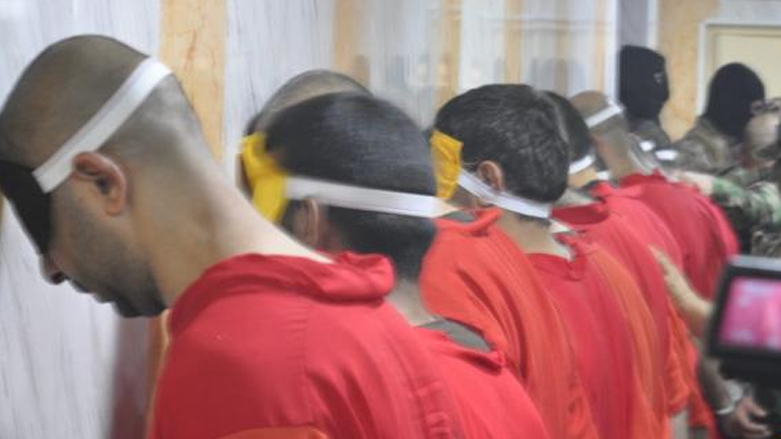Sweden’s Foreign Ministry slams Iraq for execution of Swedish citizen

ERBIL, Kurdistan Region (Kurdistan 24) – Sweden’s Foreign Ministry on Friday protested the execution of a Swedish citizen of Iraqi origin after he was convicted of terrorism and belonging to the Islamic State (IS).
Iraq announced the execution of 38 people on Thursday at a prison in the southern city of Nasiriyah, the largest number of people executed in a single day since Prime Minister Haider al-Abadi declared a “full victory” over IS in the country.
According to Swedish media, the central government in Stockholm had contacted the Iraqi ambassador in Sweden to protest the execution.
An Iraqi court convicted the 60-year-old Swedish citizen a few years ago for “terrorist offenses” in the country, eventually sentencing him to the death penalty.
During a European Union summit in Brussels on Friday, Swedish Prime Minister Stefan Löfven slammed the Iraqi court’s decision to follow through with the execution.
“I do not have any details, but we know that this person has been jailed in Iraq as a terrorist,” he said.
“Our position is that a person who travels to another country and commits a crime must be expected to be punished in that country, but we refuse to carry out the death penalty,” Löfven added.
Thousands of IS suspects have been captured, imprisoned, and put on trial as the extremist group’s influence in Iraq and Syria has slowly diminished since its emergence in 2014.
It is unknown how many detainees there are in Iraqi prisons or how many of those will likely face the same fate. The Iraqi government has not released any statistics on the number of foreign prisoners or those of Iraqi origin.
Meanwhile, United Nations spokesperson Elizabeth Throssell said she was “appalled” at the execution of the 38 prisoners in Iraq.
The UN spokesperson added that the human rights office had “huge concerns” about Iraq’s use of the death penalty, and—not for the first time—urged the Iraqi government to halt all executions.
